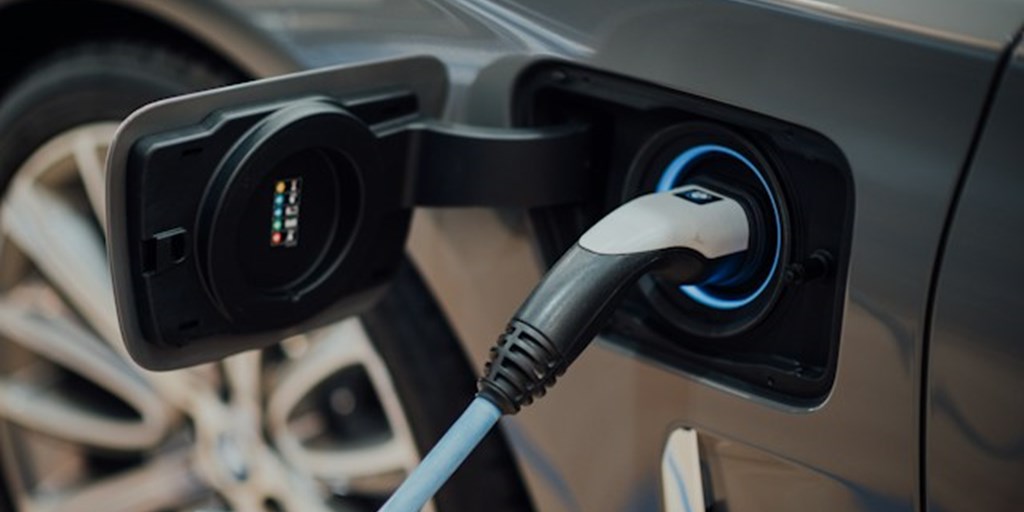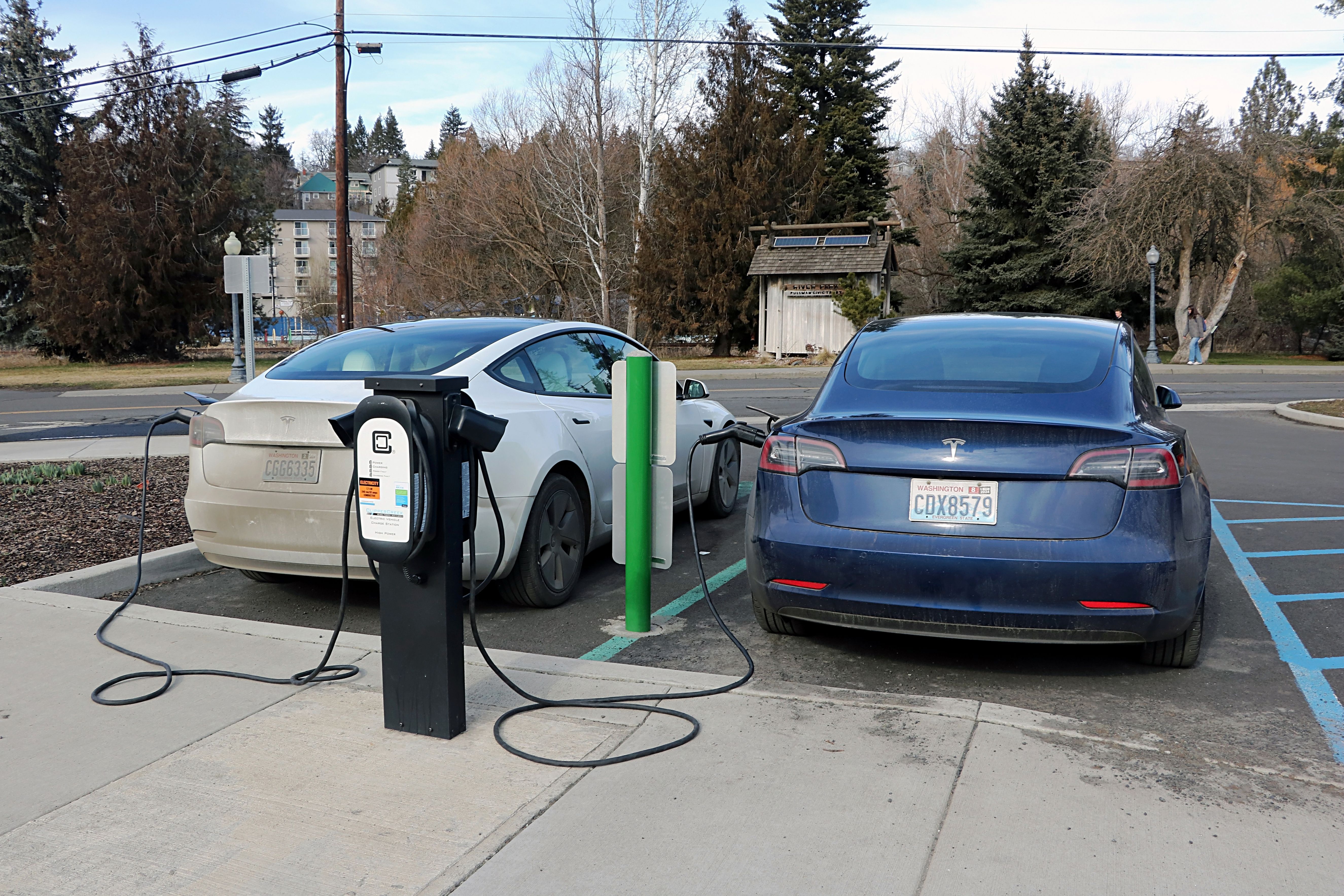How to Make Smarter Decisions in EV Investments by Buying EV Charging news
How to Make Smarter Decisions in EV Investments by Buying EV Charging news
Blog Article
New Dope in EV Charging: Just How the Market Is Progressing to Satisfy Demand
As the electric automobile (EV) market continues to expand, the charging facilities is going through considerable transformations to address the surging demand. The ramifications of these advancements elevate essential questions concerning the future of EV charging and its function in the broader energy environment.
Development of Charging Facilities
The fast development of electrical automobile (EV) charging infrastructure is an important element in facilitating the widespread adoption of electrical movement. As federal governments, personal business, and consumers significantly identify the importance of minimizing carbon emissions, financial investments accountable networks have surged. This infrastructure development is important to minimize range stress and anxiety, making certain that EV customers have convenient accessibility to charging terminals.
Substantial improvements in charging terminal innovation and implementation strategies have emerged. Urban locations are seeing an expansion of public billing stations, while country areas are slowly being integrated right into the billing network. Moreover, partnerships in between automotive manufacturers and billing providers are coming to be extra typical, helping with the facility of extensive networks that boost individual experience and accessibility.
Furthermore, the combination of sustainable power resources into billing stations is obtaining energy, promoting sustainability in the EV ecological community. This shift not just supports environmental objectives however also aligns with the climbing demand for environment-friendly energy options amongst customers.
Ultra-Fast Charging Technologies
Ultra-fast charging innovations stand for a considerable leap forward in the EV charging landscape, enabling electrical cars to reenergize in a portion of the time contrasted to typical billing approaches. These developments typically supply power degrees surpassing 150 kW, with some systems reaching up to 350 kW or even more, significantly lowering charging times to just 15-30 minutes for a significant charge.
Key making it possible for modern technologies consist of advancements in battery chemistry, power electronics, and thermal administration systems. High-capacity batteries with boosted thermal security permit for faster billing without overheating. EV Charging news. Furthermore, advancements in billing facilities, such as liquid-cooled cables and modular billing stations, help with reliable power transfer, enhancing the total customer experience
Significant automobile manufacturers and modern technology firms are actively purchasing ultra-fast charging networks, identifying the vital role they play in overcoming range anxiousness and accelerating the adoption of electric automobiles. As these technologies end up being more commonly available, the EV market is expected to witness significant growth, making electrical wheelchair a much more attractive alternative for consumers. Overall, ultra-fast charging technologies are critical fit the future of lasting transportation, paving the way for a more effective and considerable charging ecosystem.
Smart Grid Assimilation

Through need response methods, clever grid systems can adjust billing timetables based upon grid problems and electricity prices. Throughout periods of high need, billing can be delayed to off-peak hours, resulting in reduced prices for customers and minimized pressure on the grid. In addition, vehicle-to-grid (V2G) modern technologies enable EVs to release energy back into the grid, giving secondary services and enhancing grid security.
Assimilation with renewable resource sources even more boosts the sustainability of EV charging. By lining up billing tasks with durations of high solar or wind generation, smart grids advertise a greener billing framework. Ultimately, smart grid assimilation not just sustains the expanding demand for EVs yet additionally contributes to a more sustainable and resistant energy future, positioning the industry for long-lasting success.
Battery Technologies
In the middle of the quick evolution of electric vehicles (EVs), battery developments stand at the center, driving my latest blog post innovations in efficiency, efficiency, and sustainability. As the need for EVs surges, scientists and makers are focusing on enhancing battery modern technologies to attend to challenges such as range stress and anxiety and charging times.
Lithium-ion batteries remain the most widely used innovation, yet new materials and chemistries are emerging to improve energy density and long life. Solid-state batteries, for example, assure better power storage ability and improved safety and security by replacing fluid electrolytes with solid ones. This change can dramatically minimize the threat of fire and boost the life-span of batteries.
Moreover, developments in battery recycling processes are essential for sustainability. Companies are developing approaches to recuperate valuable products like lithium, cobalt, and nickel from made use of batteries, promoting a circular economy and lowering ecological influence.

Global Charging Specifications

Efforts are underway to develop worldwide billing criteria that help with compatibility among different EV versions and charging stations. Organizations such as the International Electrotechnical Payment (IEC) and the Society of Automotive Engineers (SAE) are functioning collaboratively with auto producers and power service providers to produce detailed guidelines. EV Charging news. These standards aim to improve the charging process, minimize the need for several adapters, and enhance customer next experience
Furthermore, standardization can significantly strengthen the expansion of the charging network, as it motivates investment by making infrastructure growth much more reliable and foreseeable. As the EV market develops, a unified strategy to billing requirements will certainly be essential for ensuring that customers can charge their automobiles comfortably and dependably, thus supporting the more comprehensive transition to sustainable transportation.
Final Thought
The electric vehicle billing sector is undertaking substantial improvement to address the rising need for sustainable transport. Advancements in charging framework, ultra-fast modern technologies, clever grid assimilation, and cutting-edge battery options are pivotal in enhancing customer experience and functional effectiveness.
Urban areas are seeing an expansion of public charging terminals, while country regions are progressively being incorporated right into the charging network. Furthermore, growths in billing infrastructure, such as liquid-cooled cords and modular billing terminals, help with reliable power transfer, boosting the total customer experience.
Overall, ultra-fast charging modern technologies are critical in forming the future of lasting transport, leading the way for an extra considerable and reliable charging community. - EV Charging news
By aligning charging tasks with periods of high solar or wind generation, smart grids promote a greener charging framework.Initiatives are underway to develop international billing standards that help with compatibility amongst numerous EV designs and billing terminals.
Report this page